Grievance Management System
Types of Grievances
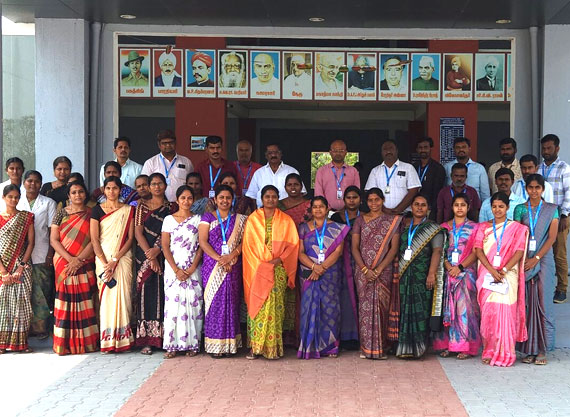
Faculty Concerns
Faculty members may file grievances related to:
- Disagreements regarding actions taken by peer groups, Heads of Departments, or the Principal.
- Complaints about the behavior or conduct of officers or support staff.
- Issues concerning service conditions, performance evaluations, promotions, compensation, and allowances.
- Concerns regarding the adequacy or maintenance of workplace facilities.
- Dissatisfaction with the operations or resources of the library.
- Complaints regarding shared amenities such as transportation, canteen services, and other support services.
Employee Concerns
Employees (non-teaching and administrative staff) may raise concerns related to:
- Complaints against actions taken by the Human Resources, Administration, or Finance departments.
- Complaints regarding misconduct or behavior of faculty members or staff.
- Issues arising from interactions with immediate reporting officers or supervisors.
- Concerns over common services like transportation, canteen, or maintenance.
- Conditions and upkeep of workplace facilities impacting working conditions.
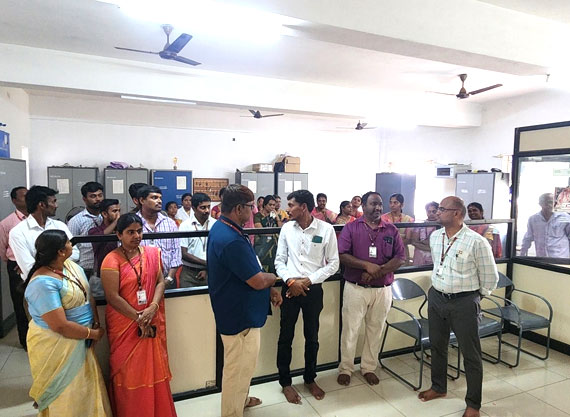
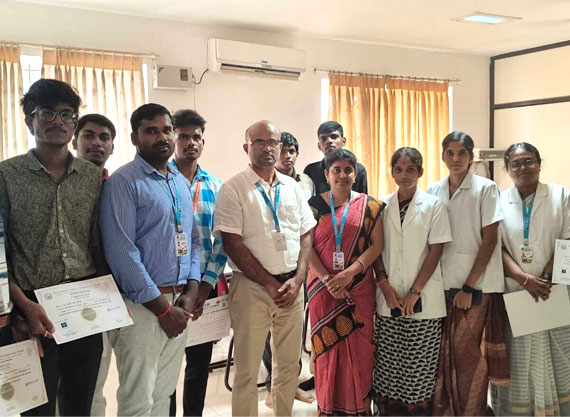
Student Concerns
Students may submit grievances regarding:
Academic-Related Grievances
- Dissatisfaction concerning academic content, quality, and availability of course materials.
- Disagreements related to class scheduling, timetable arrangements, or teaching sessions.
- Concerns about student progress, including internal assessments, attendance requirements, or eligibility for advancement.
- Complaints regarding the availability or quality of learning resources, such as library books, laboratory equipment, IT facilities, and general maintenance issues.
Grievance Resolution Procedure
Informal Resolution Prior to Formal Grievance Submission
- Complainants are encouraged to initially address their concerns directly with the concerned individual(s) or department through personal discussions, counseling, or informal dialogue.
- Faculty and staff grievances should, where possible, be resolved through the complainant’s respective reporting authority to ensure swift and amicable resolution.
Formal Mechanism for Grievance Handling
- A defined matrix outlining the Grievance Redressal Mechanism for faculty, staff, and students is adopted.
- The grievance redressal system operates across three levels, with Level-III designated as the final Appellate Authority.
- Formal grievances must be submitted in writing, complete with all supporting details, to the Level-I Grievance Handling Authority as prescribed.
Stages in Grievance Handling
- The aggrieved party must submit a written formal complaint to the designated Level-I Authority.
- Upon receipt, the Level-I authority must initiate grievance redressal proceedings within two working days.
- The complainant will be given an opportunity to present their case formally, along with any relevant documentation. Additional information or clarifications may be sought either in writing or through a face-to-face meeting.
- The Level-I authority will endeavor to resolve the grievance within a maximum of five working days, and the outcome will be communicated to the complainant.
- If necessary, the Level-II Authority may constitute a sub-committee to investigate the matter for a fair and thorough decision.
- Preventive or corrective actions, if needed, will be implemented in a reasonable timeframe and communicated clearly to the complainant.
- If the complainant receives no response or finds the response unsatisfactory at Level-I or Level-II, the matter can be escalated to the Appellate Authority (Level-III).
- The Appellate Authority will issue its final decision within five working days of receiving the appeal.
- The decision made by the Appellate Authority shall be final and binding, and no further appeal will be entertained.
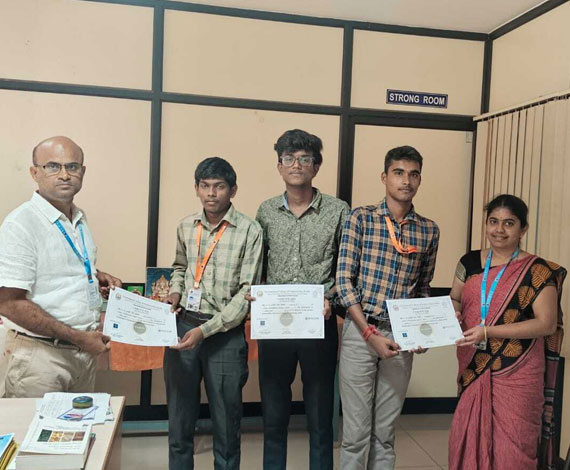
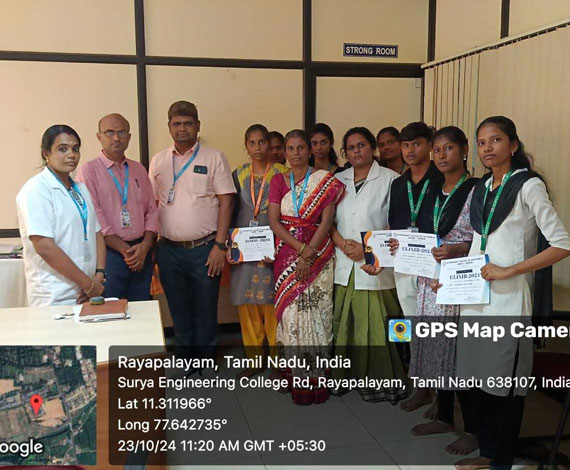
Safeguarding Confidentiality
- Every effort will be made to ensure that neither the complainant nor the respondent faces discrimination, bias, or victimization due to the grievance submission.
- The grievance handling process shall be free from favoritism or prejudice toward any party involved.
- A comprehensive explanation of decisions and actions will be provided to either party upon request.
- Confidentiality and privacy shall be maintained throughout the grievance process, and all records will be treated with utmost discretion.
- Grievance records and case details will be securely maintained for a period of one year from the date of resolution.
- Access to grievance resolution mechanisms will be provided at no cost to the complainant, ensuring affordability and accessibility for all stakeholders.
By implementing this structured grievance management system, Surya Engineering College aims to foster transparency, promote accountability, and maintain a respectful, supportive environment for all members of its academic and administrative community.

